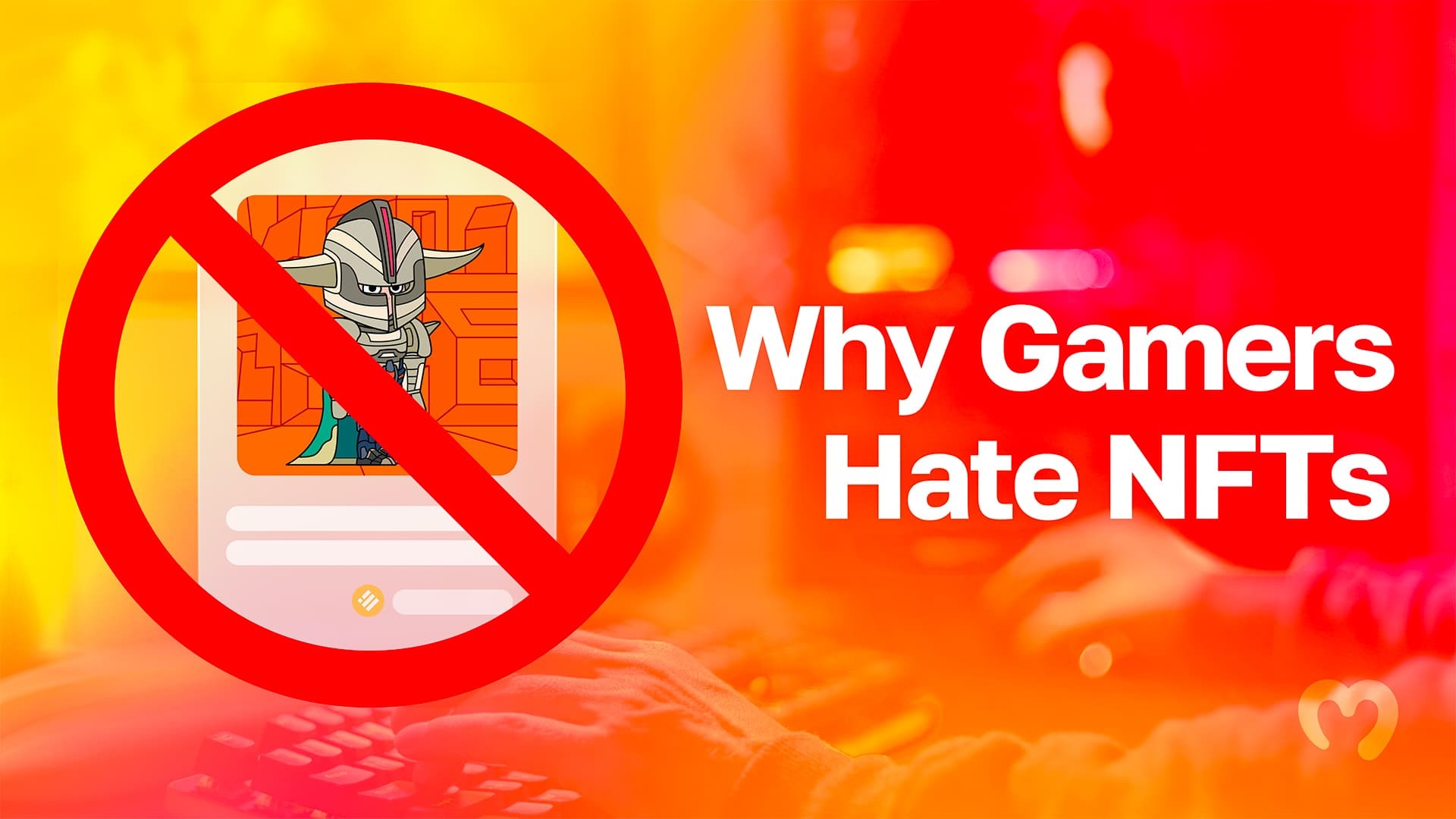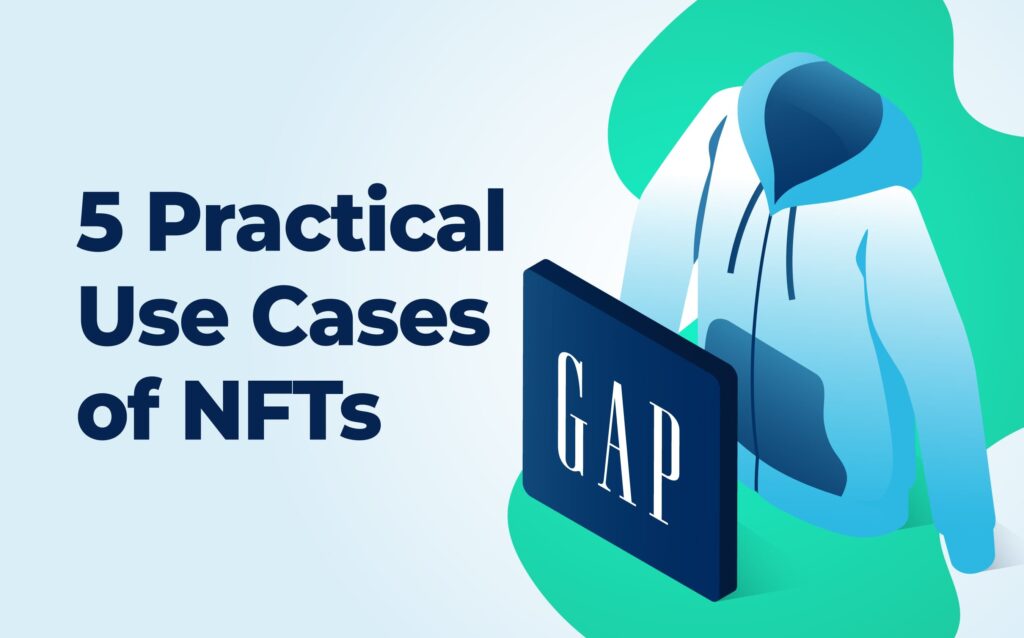Most people involved in Web3 can’t imagine why gamers hate NFTs (non-fungible tokens), particularly with their advantages. But unfortunately, many do. Furthermore, even though excessive negativity about implementing NFTs in games appears completely unwarranted. It turns out that the reasons gamers have for turning their wrath on digital collectibles might be due to historical factors.
Some dissent centers around the negative effect “loot boxes” and microtransactions have had on the gaming industry. Loot boxes offer players virtual items and upgrades that are otherwise hard to come by. However, they offer scant extra value for the game. So, the advent of loot boxes and other introductions has made gamers suspicious, and this article will look into these to get to the bottom of why gamers hate NFTs.
Microtransactions
Gaming companies introduced microtransactions as another profit center. The issue with small financial transactions is that while compounding them can make lots of money for companies; they usually happen in-game. Thus, it has become an irritating addition to the gaming space for anyone who doesn’t enjoy paying more to play their favorite games. Even though they’re small amounts, endless microtransactions can feel like death by a thousand cuts.
So, due to additions such as loot boxes and microtransactions, many gamers think NFTs will only serve as a similar nuisance. Since gaming companies relentlessly pursue new and improved ways of sucking players into pay-to-play schemes, why would NFTs be any different?
Did you know you can also build games on Solana? Solana is a blockchain, and Rust is its programming language. Learn about Rust & Solana and why to build on Solana at Moralis Academy.
NFTs in the Entertainment Industry
NFTs are creeping into every entertainment industry, not just video games. They’re making their way into sports, film, music, fashion, finance, and real estate. Nonetheless, there are some vociferous detractors staunchly opposed to them. For many gamers, animosity toward NFTs still reigns even as the ecosystem continues to expand.
Unfortunately, the more publicly vocal the critics are, the harder it will be for them to change their position in the future – even as contrary evidence comes to light. That’s because once people take a strong stance against something, it’s hard to alter it – especially if they’ve gone public. In such cases, they’ll need a way to “save face” to flip their position without receiving too much blowback. If not, they’re likely to dig their heels in and stay entrenched regardless of the overwhelming evidence.
When answering the “why gamers hate NFTs?” question, we must first look at which sections of the community do so. Currently, NFT detractors exist at every level of gaming, from weekend warriors to e-sports professionals to companies. They all have their fair share of gripes about NFTs and blockchain encroachments into their space. Even one of the most popular game distribution services, Steam, has capitulated and sought to favor the disgruntled by banning all blockchain-related games on its platform. We’ll look at other companies below. Nevertheless, even though the animosity towards NFTs sounds like a new development, its origin spans two decades of gaming culture long before NFTs came into being.
Hating on Loot Boxes
Loot boxes offer players random virtual items and upgrades. They are the gaming world’s equivalent of a grab bag. Usually, the only way for players to unlock a loot box is by redeeming in-game tokens or completing achievements. Moreover, tokens accrue over periods of play or through buying them outright.
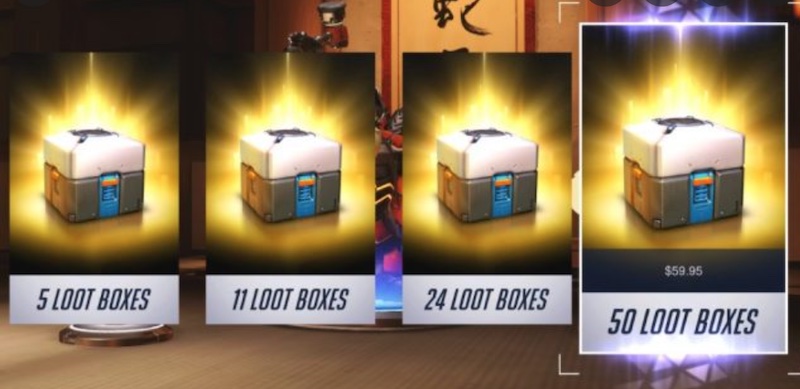
Digital collectibles aren’t new to the gaming industry, however. Fortnite skins are one such example. But, the collectibles that gamers must purchase, such as those found in loot boxes, have long been a source of contention. However, a critical difference between in-game items such as skins and weapons for Fortnite and NFTs is that Fortnite’s game items have no resale value. Furthermore, they usually serve to make games more expensive via microtransactions.
The only thing worse than a bunch of gamers hating on NFTs is this current bear market. The good news is that you can learn how to invest during a crypto bear market. Furthermore, understanding crypto crashes will teach you why they happen in the first place.
More on Microtransactions and Loot Boxes
Microtransactions typically happen within the game and are consistent “money makers” for the firms issuing them. For players, however, they only result in more expensive playing time with little value added. Presently, microtransactions have become such a part of the fabric of gaming that, in many games, it’s almost impossible for players to level up their characters without first reaching into their pockets.
With the history of loot boxes and microtransactions, it’s not difficult to see how gamers would think NFTs are just another money-making scheme for the gaming companies with little to no value added. So, players who view their relationship with big game developers as “predator-prey” will naturally be skeptical of any company’s motives when introducing something new like NFTs.
Besides, many gamers are so absorbed in their playing time that it’s not like they’ll spend the necessary hours to understand blockchain technology and NFT dynamics.
If It Ain’t Broke, Don’t Fix It
So, are you still wondering why gamers hate NFTs? Loot boxes and microtransactions could be two reasons as they set precedents that could taint players’ perceptions of NFTs. Other complaints focus on the art itself. That’s fair because if game creators have size limitations to accommodate slower speeds on the blockchain, it will affect the art’s quality.
But other detractors ask, “since the gaming ecosystem works fine without NFTs, why change it?”. It’s like the adage, “if it ain’t broke, don’t fix it”! Especially since there’s little confidence that NFTs will add any value anyway. After all, the gaming industry’s value is tracking to hit approximately $315 billion by 2026. So, why NFTs? With all the money to be made, aren’t NFTs just a new way to fleece the players?

Square Enix NFT Backlash
Interestingly, the different reactions to NFTs in games appear to depend on the game’s origin. Traditional powerhouses that dabble in blockchain technology and NFTs get excoriated. On the other hand, projects from the Web3 realm that incorporate gaming NFTs typically face less hostility.
For example, the president of Square Enix, Yosuke Matsuda, composed a letter detailing the company’s plans for the future. Included in the idea package were NFTs, blockchain games, and the metaverse. Unfortunately, the letter quickly received hostility from those resistant to NFT integration. But Square Enix wasn’t the only one.
More Gaming Community Backlash
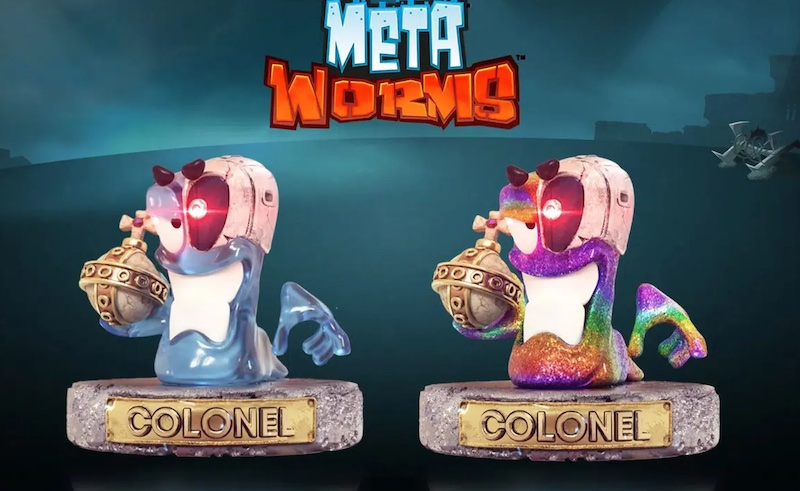
In addition, Team17 had to announce it was giving up on its MetaWorms NFT project after its community’s adverse reaction. Further, Valorant, a competitive shooter game from Riot Games, posted a picture of “Killjoy” (its prominent character) on Twitter, looking at a piece of artwork. Unfortunately for Valorant, it was from an artist who sells NFT art.
When the team began to feel their community’s heat, they retracted, saying they hadn’t realized they’d posted NFT artwork. In the face of a deluge of criticism, they quickly tweeted that they had no intention of introducing an NFT as part of Killjoy’s hobbies. Regardless of the team’s profession of innocence, anti-NFT gamers saw the Killjoy post as the beginning of a propaganda campaign. It appeared to be little more than a grooming effort to subconsciously introduce NFTs into their gaming offerings.
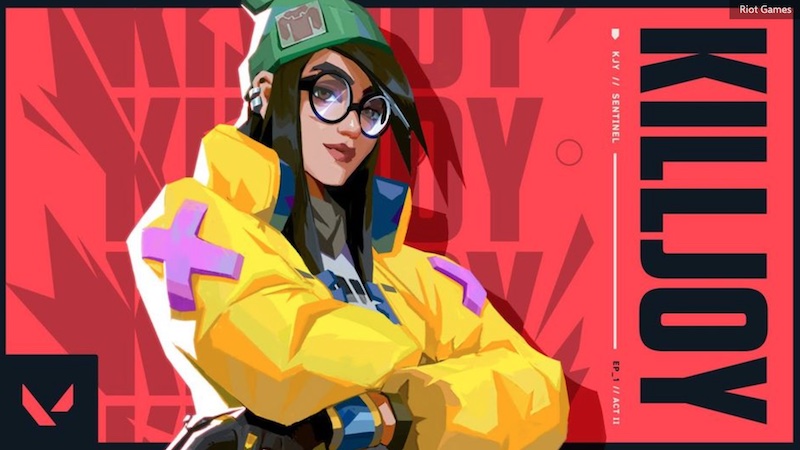
But whether it was a calculated move or just an oversight, the widespread backlash from fans was immediate. Unfortunately, such reactions could be a harbinger for any game developer looking to delve into NFTs.
Why Gamers Hate NFTs? It Depends on the Origin
This paradox continues. Numerous game developers get excited about the prospects of incorporating NFTs into their projects, only to recoil and backtrack under the scrutiny of community displeasure. At the other end of the spectrum, Yuga Labs (creators of Bored Ape Yacht Club) launched a trial of “Otherside Metaverse”, which hosted over 2,000 gamers and mainly received praise from the community.
Thus, traditional game companies announcing plans for NFT incorporation get nothing but criticism. Yet on the other side of the aisle in Web3, NFT projects have added game creation with little to no resistance from their communities.
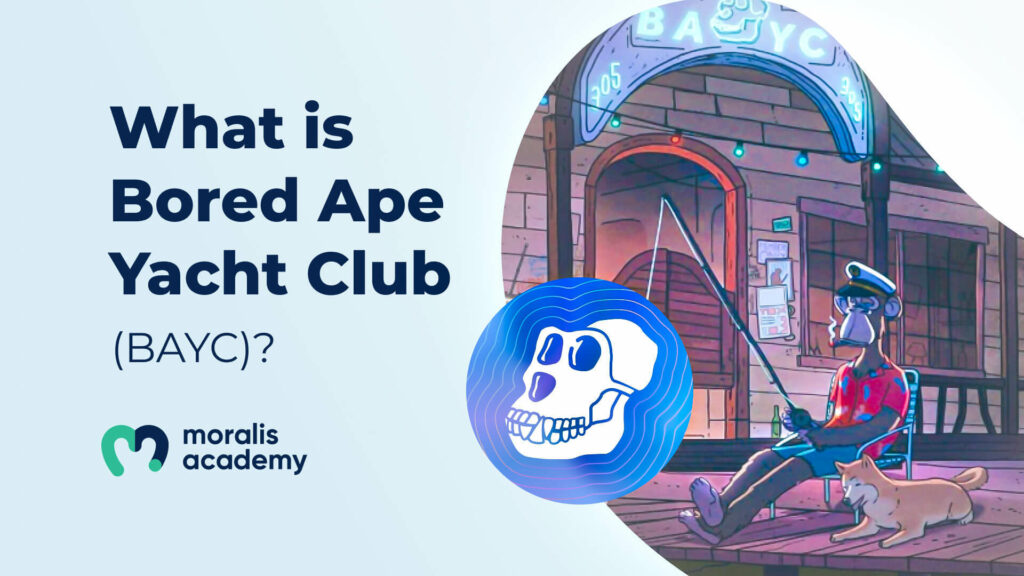
So why such opposing reactions from these communities? It appears to depend on origins and expectations. For big gaming companies, players expect new releases to be up to snuff with previous releases. Further, they want them to match or beat the offerings in the overall gaming market. Whereas with games that originate in the Web3 realm, the community welcomes innovation. Hence, creators have less fear of failure and can place more emphasis on novelty.
The crypto crash took some firms down, and Celsius is one. Find out what’s happening with Celsius Network in one of our recent blog articles.
Traditional Gaming vs Web3
So, it appears that a gamer’s attitude towards NFTs depends on which ecosystem they reside in. Traditional gamers pay gaming companies for their entertainment value (unless they get paid to be competitors or streamers). Web3 gamers, on the other hand, have the opportunity to invest in any innovation NFTs offer, knowing that their collection can become more valuable in the future.
Maybe gamers aren’t into NFTs yet. But the underlying technology behind NFTs shows undeniable promise, particularly for those in the creative fields. So, is there any relief from this “why gamers hate NFTs” world in which we live? Perhaps if the haters spent more time researching NFTs, they could better see the potential.
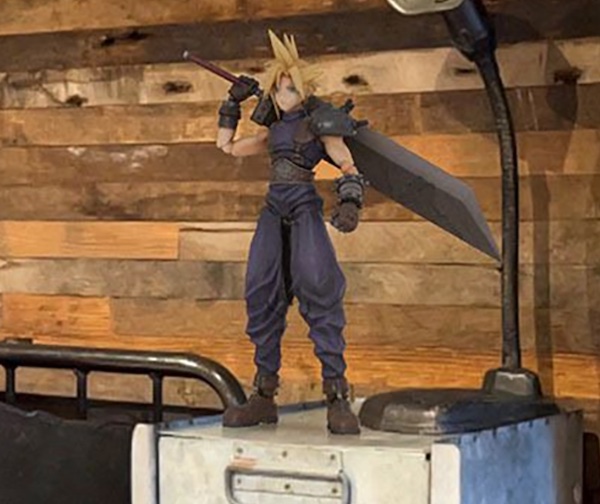
NFTs = Personal Ownership
For those in the art sector, NFTs are already offering new ways to sell their creations directly to their fan base in perpetuity. More importantly, they can accomplish it without third parties such as agents, managers, galleries, and record companies scarfing up all the profits. For example, the option to keep royalties pouring in over a lifetime for each resale of a piece of art is an incredible advantage to artists who, beforehand, could only sell their creations once.
However, the art sector is not the only industry benefiting from NFT advantages. People are beginning to realize that NFTs’ utility exceeds the hyped-up stories we hear about multimillion-dollar digital art sales. So, it’s getting more difficult to understand why gamers hate NFTs. Obviously, it will take more time and effort from the Web3 gaming community to change outdated and hardened attitudes and to show the rest of the world how NFTs add value to games. After all, who wouldn’t want to own their in-game assets outright and be able to buy, sell, and collect them over a lifetime?
Now that you’re aware of some of the advantages NFTs can offer, you can build them with our NFT coding tutorials. If that sounds interesting, make sure to head over to NFTCoders today!
Conclusion: Why Gamers Hate NFTs?
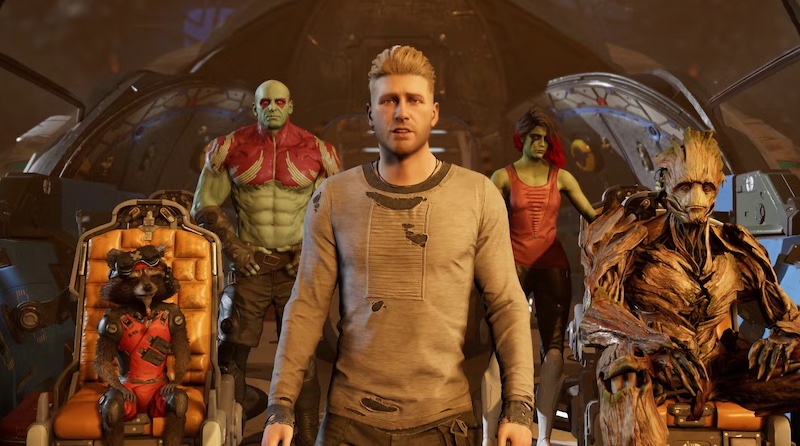
Web3 companies know a lot about NFTs, and gaming companies are experts in gaming. It’s too bad they’ve yet to join hands in a significant way. However, the last thing companies want to do is alienate their fan base. Even if they are correct in believing in-game NFT assets are the future wave, they won’t be able to act on it with such pending backlashes. It’s one thing to cause micro aggravations with microtransactions. It’s quite another to risk an outright mutiny. So, if traditional gaming companies continue to catch heat each time they experiment with NFTs, and Web3 gaming companies continue to get dismissed as irrelevant, how will we ever reach a consensus?
Hopefully, new narratives, open communication, and better education platforms will emerge. Name-calling isn’t the answer. Moreover, once the significant gamers and developers mature beyond their NFT bias, they’ll realize the benefits that personal ownership affords them. The ability to own and use their in-game assets across different blockchains in different metaverses will open up new horizons and untold possibilities.
Nevertheless, even though their resistance seems fierce at the moment, in a way, it’s futile. For as the wise man says, try as you might. You can’t fight progress.
If you have further interest in NFT and blockchain programming, now is the time to progress your career. Learn how to become a blockchain developer today at Moralis Academy!
